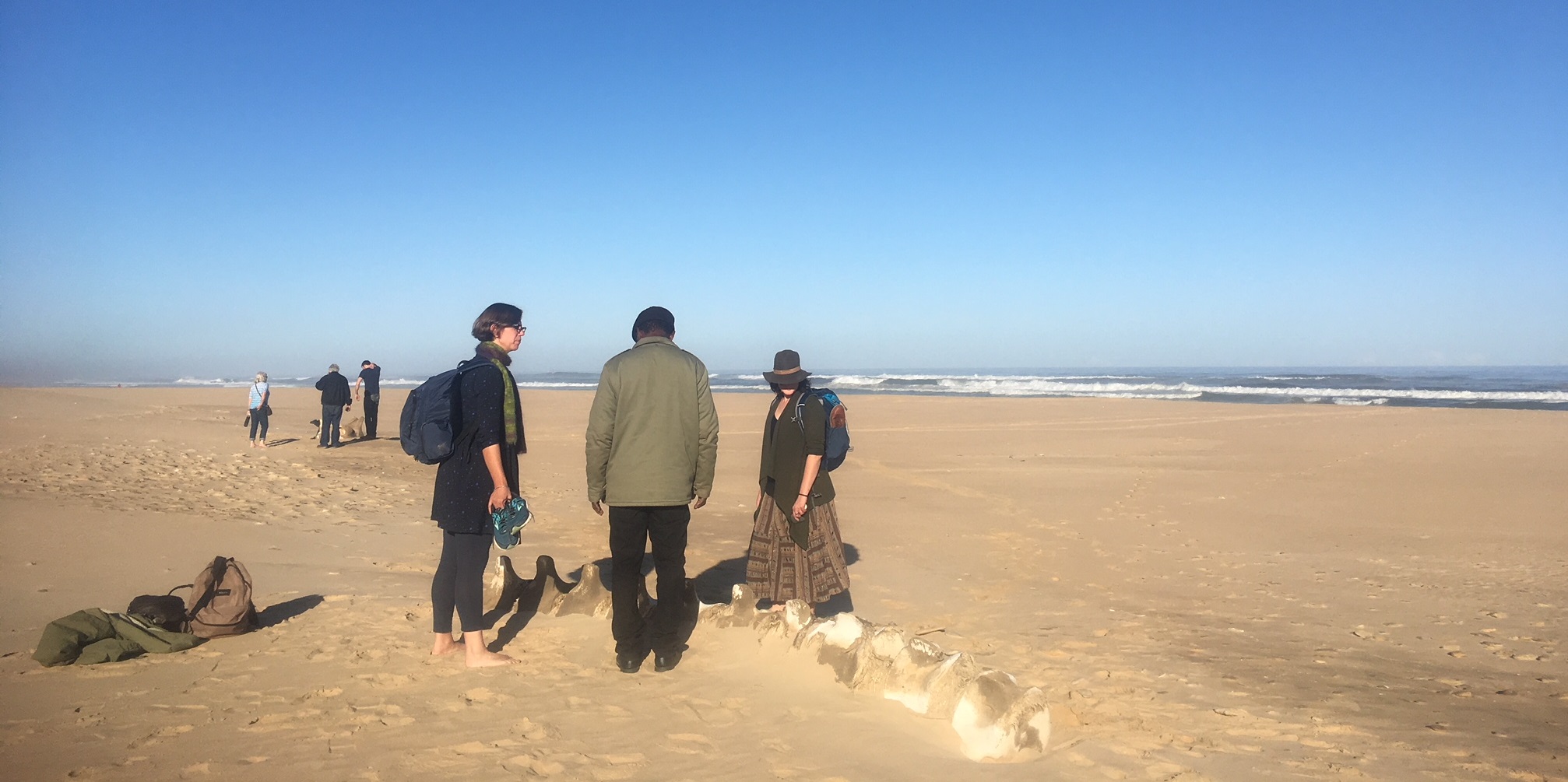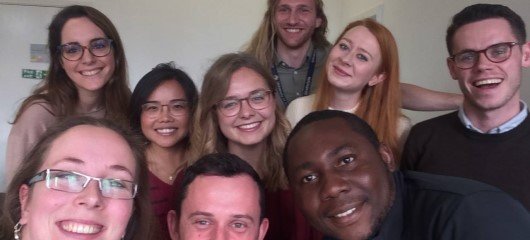Mika Schröder, PhD Researcher at the Strathclyde Centre for Environmental Law and Governance (SCELG)
PhD student Mika Schröder joined the Strathclyde Centre for Environmental Law and Governance in 2017. Since then, she has been offered several exciting opportunities to work on projects beyond, yet related to, her own research. These have provided her with significant space for professional development, such as better understanding of the linkages between social, political and legal spheres (helping her better grasp and position her own research within the field), not to mention bringing her into contact with new colleagues across disciplines. Mika recalls her experience as follows:
“Two particular experiences come to mind. The first is through my contribution to the BENELEX project, led by SCELG co-director Professor Elisa Morgera. My work for the project began while studying for my LLM on a part-time basis, initially contributing to social media pages, later publishing blog-posts as my own knowledge of the topic grew and development alongside my studies and other professional interests. I have since been brought on as a research assistant for a multidisciplinary study with Dr. Louisa Parks, exploring the discourses within the CBD provisions on the participation of local stakeholders. This has resulted in two working papers (one forthcoming), two blog posts (here and here) and we are currently working on a journal article for publication and preparing a Conference presentation in Brno for October. My ongoing work within the project has helped me gain significant insight into the process of academic work, and offered me an opportunity to development intellectual and professional skills within the field of socio-legal research.

